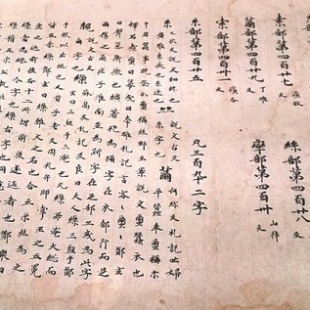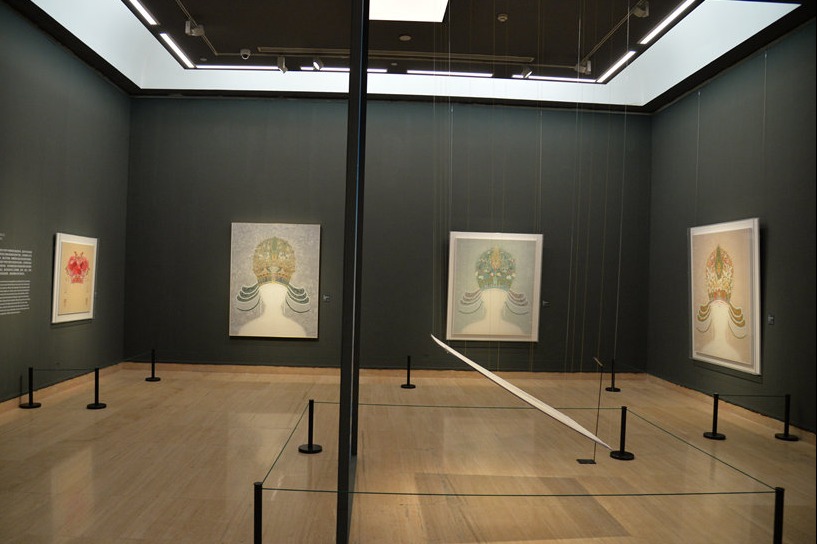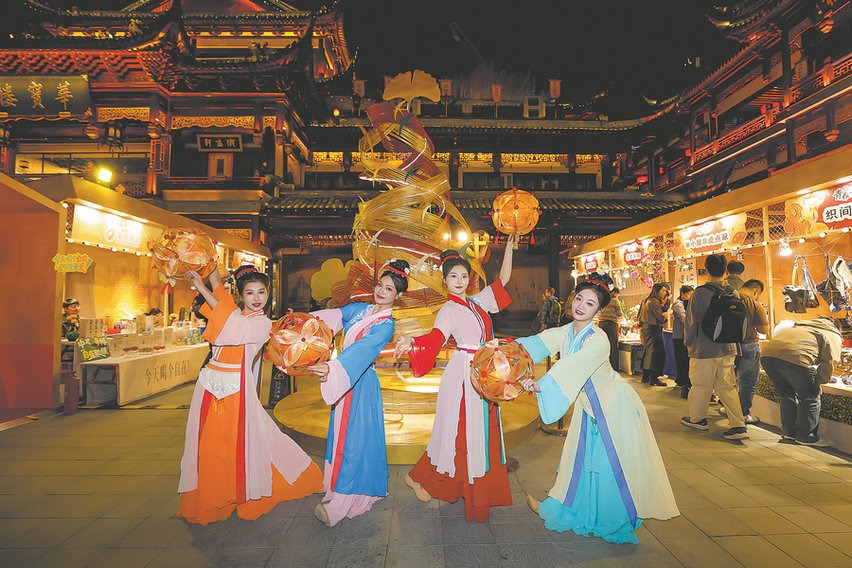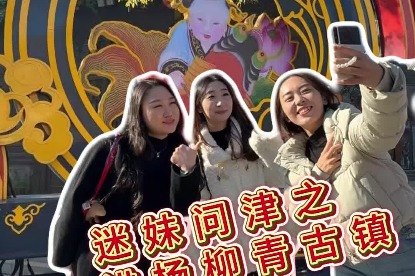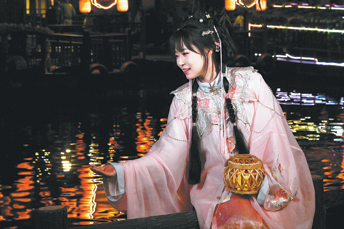The cultural master of Tinglin town
Scholar and historian is hailed for his original works that have been lost over time, but researchers are dedicated to breathing new life into his legacy, Wang Xin reports.


This idea echoes Gu Yewang's words recorded in the preface of the book thousands of years ago, saying that characters can cross time and space, enabling rites and systems to be passed on, while making thoughts and emotions possible to be conveyed.
"The wide expansion of the dictionary and Chinese characters demonstrates the prosperity of ancient China, and it is still boosting the development of the Sinosphere. We, as researchers, feel inspired to shoulder the mission and responsibility to explore its roots, as well as the future innovation of Chinese characters and culture," He adds.

Li Shan, associate professor at the School of Geographic Sciences of East China Normal University, is another who was inspired by Gu Yewang and his work Yudi Zhi.
Unlike Yu Pian, Yudi Zhi has even fewer existing fragments of the original book; thus, it is more difficult to sort out its information through citations. With great effort, Li's team managed to collect nearly 640 pieces of original items, including diverse content — places and names, natural landscapes, such as mountains and rivers, and buildings and infrastructure. Li says they will present the restored items through an illustrated map, making it easier for the public to understand the masterpiece.
Li says he also gained a new understanding of Gu Yewang as he sorted through the book, "Although Gu Yewang is more known as a knowledgeable literatus, he possessed a warrior's spirit at his core. When his nation was in trouble, this patriotic man organized militiamen to protect his country.
"In troubled times, he still overcame the odds and completed a national geographical gazetteer. I see it as his deep love for his home country, and also another effort to unite the people culturally," Li adds.
Upon studying Gu Yewang for nearly a decade, Jiang points out that his descendants have passed on the noble characters. Some of his notable descendants include poet Gu Kuang of the Tang Dynasty (618-907), thinker Gu Yanwu of the late Ming and early Qing dynasties, diplomat Gu Weijun (1888-1985), and scientist and educator Gu Yuxiu (1902-2002).
Recently, two of Gu's descendants were appointed as cultural tourism promotion ambassadors of Gu Yewang culture during an event held in Tinglin town on Nov 17, another of the town's efforts to protect and promote the cultural legacy of the renowned figure.
Since 2019, the town has organized big cultural celebrations and built cultural landmarks in memory of Gu Yewang, such as statues, plazas, libraries, parks, experience halls, and other cultural tourism routes and activities. This May, an asteroid, officially numbered 519,419, was named in honor of Gu Yewang, announced the Purple Mountain Observatory of the Chinese Academy of Sciences.
Taking on the new role of promotion ambassador, the much-lauded contemporary Kunqu Opera singer Gu Weiying feels even more motivated beyond being a descendant.
"The elegance of Kunqu Opera and the literary heritage of Tinglin are inseparable. Hopefully, we can adapt Gu Yewang's story into Kunqu Opera, bringing such brilliant traditional culture to life with both sound and color and, more importantly, bring his importance and Tinglin town to the world," says Gu.


